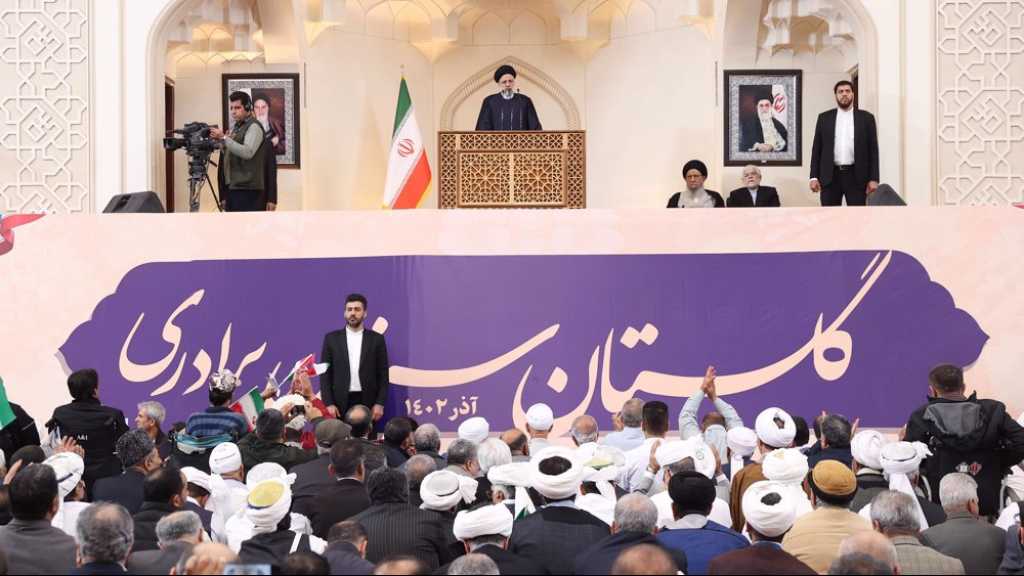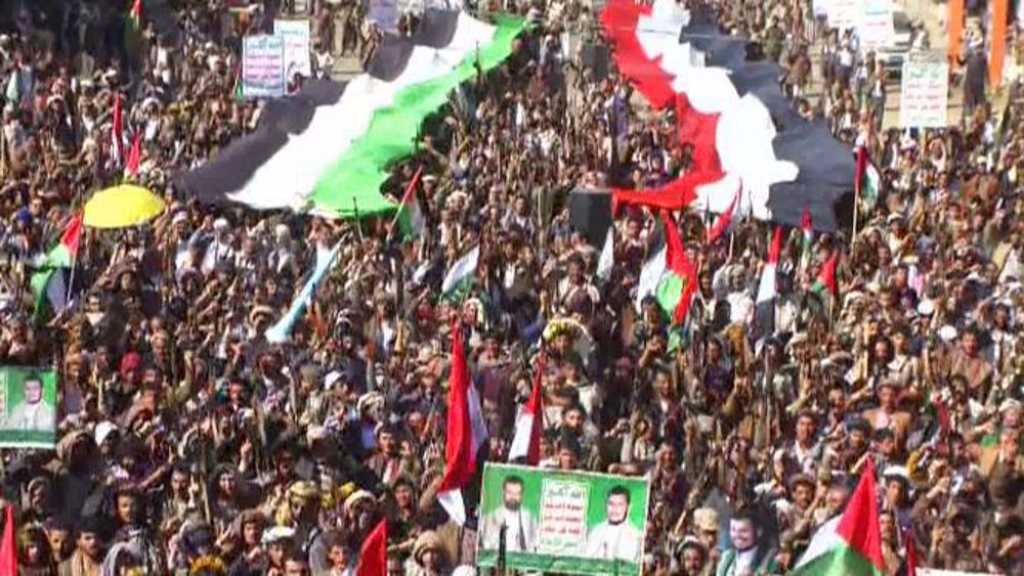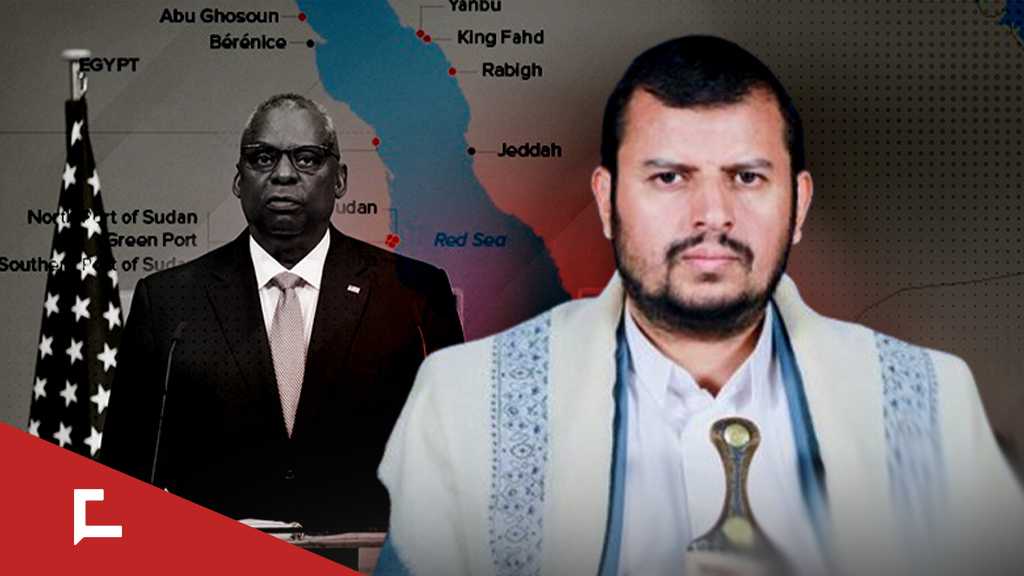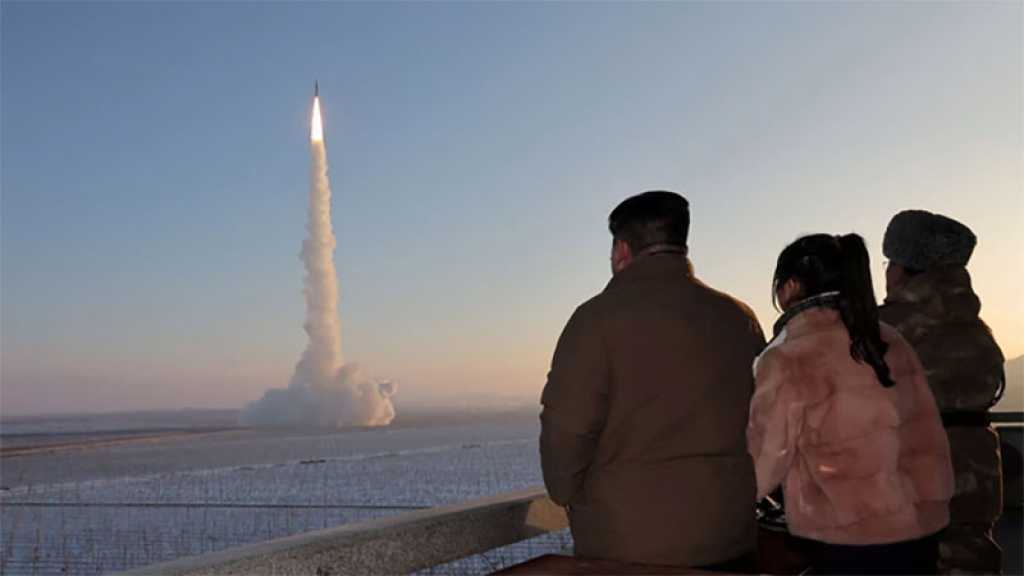
Protests Rock India’s Nagaland State after Civilian Killings Dubbed As ’Genocide’
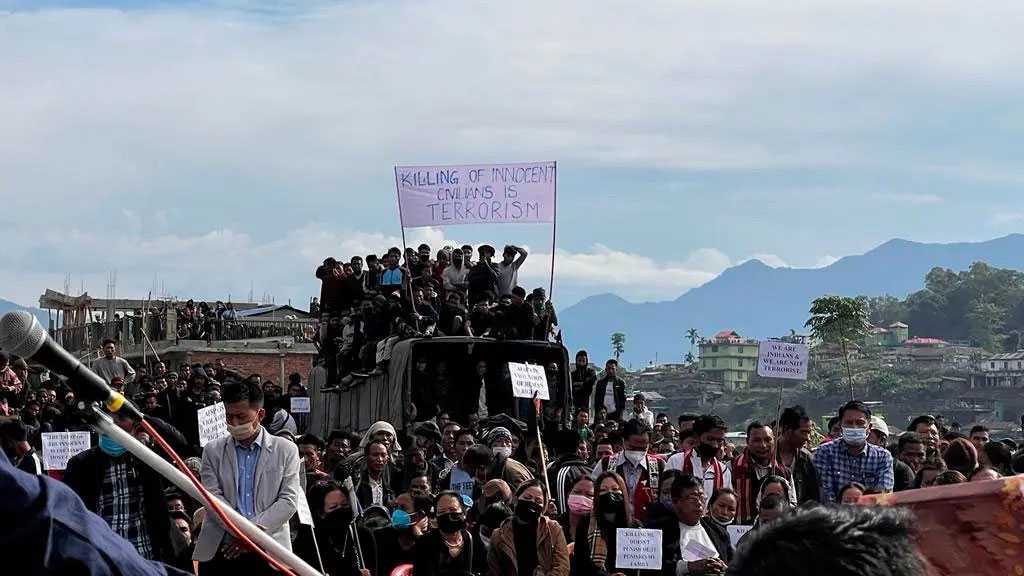
By Staff, Agencies
The situation continues to be tense in northeast India’s Nagaland state after security forces “mistakenly” killed 14 civilians on Saturday, sparking violent protests and a shutdown.
Angry protesters rallied towards an Indian army camp in Mon district on Sunday, throwing stones and setting fire to areas around the camp, resulting in the death of an army man, reports said.
“There is a mob outside which is pelting stones,” a security official was quoted as saying from the camp, which was surrounded by a large number of protesters.
At least six people were killed on Saturday after security forces fired at a truck carrying coal-mine workers, mistaking them for “militants.” Seven more civilians were killed in ensuing clashes between local residents and security forces later on Saturday evening.
The killings, described by local authorities as a “botched-up” operation, has drawn widespread outrage in Nagaland, a violence-marred region that has witnessed decades of armed rebellion against the Indian rule.
In recent years, the armed groups in the state have been engaged in peace negotiations with the Indian government, which may be affected by the latest incident.
“The people are very angry,” Honang Konyak, vice president of the Konyak Union, the apex body of the Konyak tribe that dominates Mon district located on the Indo-Myanmar border, was quoted as saying.
“The security forces, who were supposed to be guardians, have killed innocents,” he said.
To contain protests, authorities have clamped prohibitory orders in Mon town and banned mobile internet and SMS services in the entire district citing “apprehension of grave law and order problems”.
Attending the funeral of slain men, Nagaland chief minister Neiphiu Rio demanded the removal of Armed Forces [Special Powers] Act or AFSPA, a controversial law that grants the military wide powers of arrest, the right to shoot to kill, and to occupy or destroy property in “disturbed areas”.
Meanwhile, the call for the repeal of AFSPA is growing louder, with many politicians and activists joining the chorus.
Comments
- Related News
